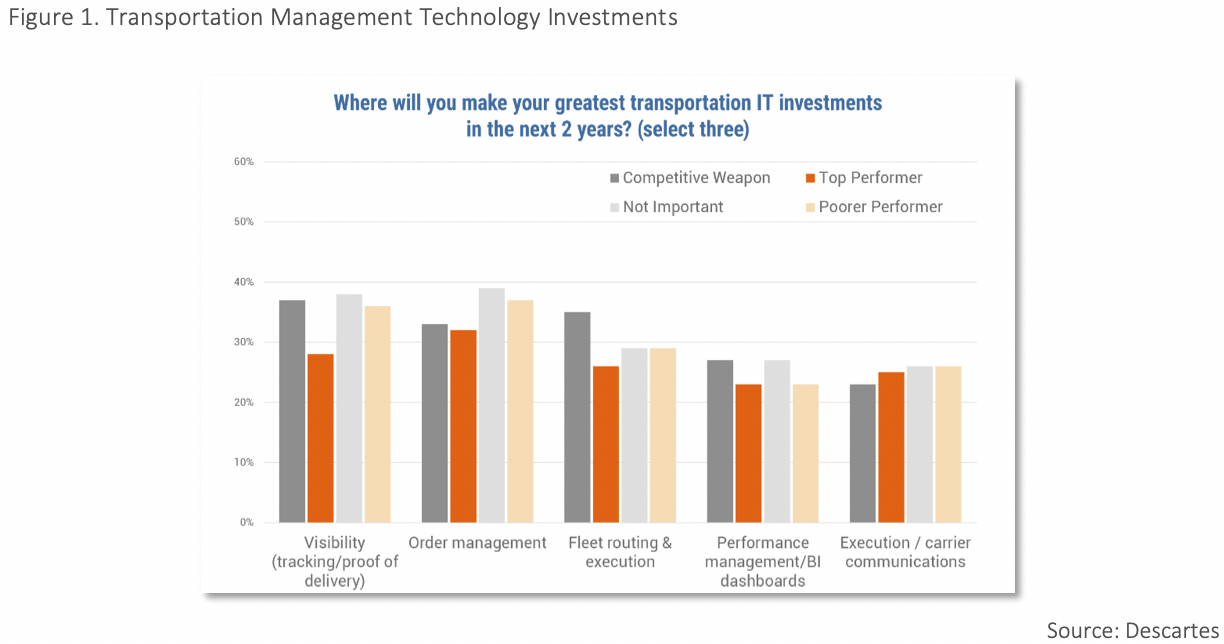The leaders of physical operations-led organisations in the UK and Ireland are leveraging artificial intelligence (AI) to enhance safety, maximise efficiency, and empower their employees. That’s according to a new 2024 State of Connected Operations Report — Smarter, Faster, Safer: The AI Revolution in Physical Operations — from Samsara, a pioneer of the Connected Operations™ Cloud.
With perspectives from more than 1,500 physical operations leaders across seven countries, including 300 in the UK and Ireland, the report reveals how AI is already revolutionising how these organisations operate — and how leaders are transforming their operations and unlocking new efficiencies. This original research found that 99% of operations leaders in the UK and Ireland believe their organisation needs to invest in AI technology solutions to keep up in today’s environment.
“AI is everywhere, and physical operations leaders are quickly embracing it,” said Evan Welbourne, Head of AI and Data at Samsara. “When used strategically, advances in AI can bring meaningful change to the companies that power our global economy. For example, it can reduce costs, boost efficiency, and even save workers’ lives in the field.”
AI investment is on the rise
While some industries are slower to adopt AI, organisations within physical operations are embracing it, viewing it as a market-tested technology whose utility is proven and expanding. Nearly all (99%) leaders in the UK and Ireland believe AI technology is vital to keep up, and 89% of organisations say they plan to increase investments in AI within the next 12 months. With continued pressures around labour shortages, geopolitical conflicts, and reshoring, technology will be key as organisations face these challenges.
The use of AI is growing in physical operations — and employees see that as a good thing
AI is not seen as an experimental technology for the industries that keep the global economy running smoothly. Nearly half (45%) of leaders in the UK and Ireland say their organisation is already using AI, attributing the most significant benefits to improving safety (46%) and employee productivity (45%). Leadership roles are not the only ones within these organisations that are bullish on AI–89% of those already using AI say their employees feel positive about it. This may be because workers are seeing the direct benefit these solutions have on their day-to-day lives through enhanced workplace safety and efficiency.
Security and data privacy come first
It takes massive amounts of data to run AI technology, representing a huge responsibility — and risk — for any organisation. Physical operations leaders are not cutting corners. Of those already using AI or planning to in the next 1-2 years, 57% are implementing privacy and data protection measures. For the 55% of organisations that plan to adopt AI solutions created by external technology partners, security is not to be sacrificed for functionality. 55% of leaders said they care most about a partner’s ability to integrate with existing systems, and security and privacy compliance (48%).
“Not all AI solutions are created equal,” says Welbourne. “You have to be able to trust the system, and that means finding a technology partner who not only has a proven track record with responsible innovation, but who also deeply understands your business and the challenges you’re up against.”
To view all insights from the State of Connected Operations Report — and discover how operations leaders are embedding AI into their organisations — visit here
read more







